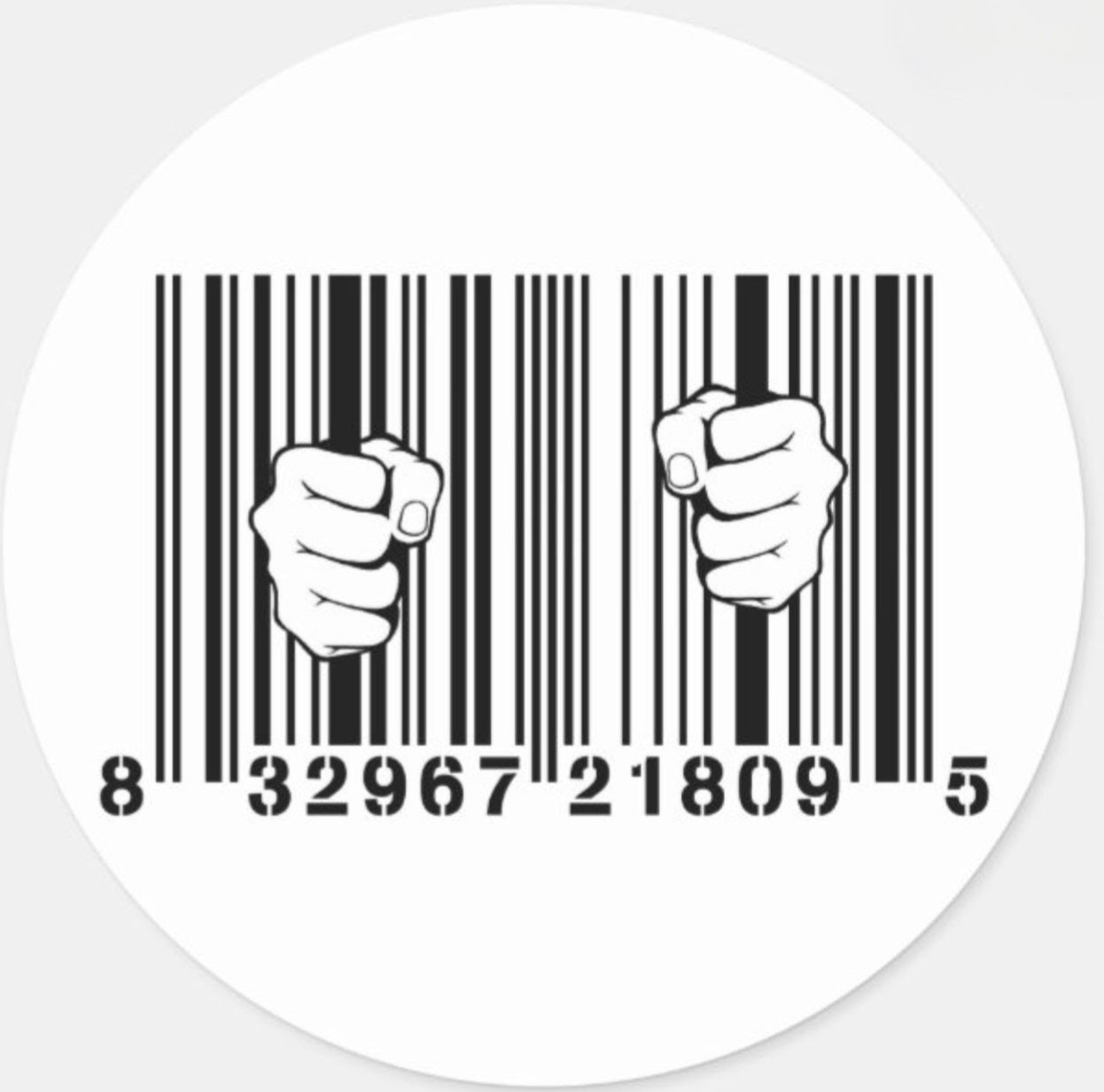

Nachdem es allerdings bei der Verbotsdiskussion um Verbraucherschutz und Täuschungsgefahr kann man glaube ich nicht etymologisch argumentieren. Wenn man den Leuten das zutraut, dann kann man auch erwarten, dass sie erkennen, dass in einem als veggie/vegan bezeichneten Produkt kein Fleisch kaufen.







Seems like you are arguing for meritocracy here, which has it’s own set of problems.
Honestly, this sounds exactly like an argument that could have been made in a debate about whether or not black people or woman should be allowed to vote.
I think you said it yourself, democray needs to endure that sometimes people just don’t vote in the same way or for the same reasons as it suits ones own views.